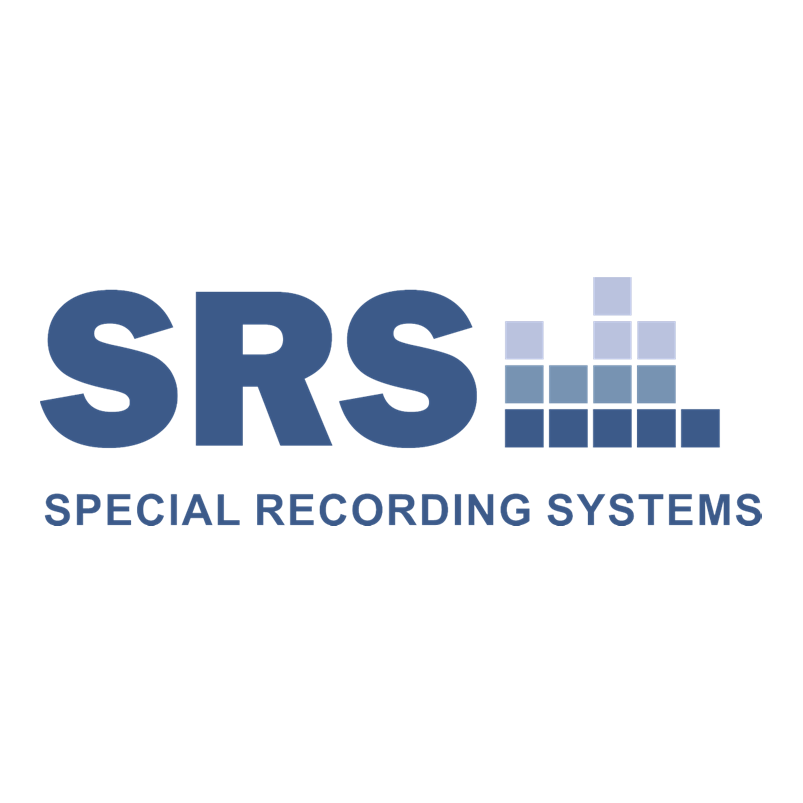Witness and Victim Protection
"Witnesses are the eyes and ears of justice" (George Bentham)
The threat to the life of the witness and his family is the main reason for refusal of testimony.
Effective witness protection is one of the cornerstones of fight against organized crime, corruption, human trafficking, drug trafficking and terrorism.
Witness and victim protection includes legislative and practical measures.
Existing voice modification technology
Legislation in many countries states that a protected witness or victim's image and voice must be modified, to ensure they feel safe and confident that their identity will be concealed during police interviews and court proceedings.
Selecting which voice modification algorithm to use for voice changing is of special importance, as it needs to both ensure intelligibility and clarity of modified speech, and guarantee irreversible voice modification.
The main parameters speech that allow a speaker to be identified are: tone, formant frequencies, trajectories of their change in time, rate of speech and vocabulary.
For reliable witness protection, any voice changing device must provide irreversible, nonlinear transformations of as many of these parameters as possible. Unfortunately, in some countries simple pitch-shifting voice changers are used, which make it easy to reverse the conversion and restore the original voice - giving away the identity of the speaker.
Some courts use voice changing devices with two-parameter transformation: a pitch shift and a shift (or compression/expansion) of the signal spectrum (formant shift), where the pitch and spectrum are shifted by a constant amount. This changes the spectral features, but the intonation of the speaker (trajectories of changing the pitch and formant frequencies) is preserved. The problem with this method is that you can easily use a similar device to perform a reverse conversion, and restore the original voice.
Voice modification algorithms need to both ensure intelligibility and clarity of modified speech, and guarantee irreversible voice modification to be effective.
Evolution of court technology
All these voice changing devices have evolved from the entertainment and music industries, and are ineffective when used to obscure an individual's identity to the levels required to protect witnesses and victims during criminal court proceedings. With them, the original voice can easily be restored.
Although according to legislation, witness protection measures are the responsibility of the judge, it could be argued that the effectiveness of this protection in fact sits with the tech operator. When voice settings are adjusted manually, it is entirely up to the operator making the changes to decide what the final result sounds like. This means that the effectiveness of a witness' protection is, in essence, based on each operator's personal opinions and perceptions.
For reliable witness protection, any voice changing device must provide irreversible, nonlinear transformations of as many parameters as possible.
The Solution
Better voice changing technology does exist and needs to be used more widely in order to truly keep victims' identities safe.
In comparison with the above mentioned devices, there are specialised devices, specifically designed for witness protection. One example of this is the SRS Femida Audio Interface VC11/12 and Interface 13, both manufactured by Special Recording Systems, Ltd.
These devices use complex algorithms that modify a large number of speech parameters and radically change the speech signal structure, removing from it all the individual features of the speaker.
All conversions are performed automatically in real time and do not require device configuration before use. The algorithm guarantees the impossibility of restoring the original voice using the same device or by other means.
New Technology in Practice
Over 4,000 of these devices have been successfully used since 2010 in the courts of Bulgaria, Kosovo, Moldova, Romania, Turkey, Spain and Ukraine, as well as in the public prosecution office of Macedonia, and police stations in Hungary.
Special Recording Systems, Ltd. has been developing and producing these digital court recording systems since 2001. In addition they have a range of real-time transcription systems for parliament and interrogation recording systems.
You can find out more at: www.srs.kiev.ua or meet the team at this year's Modernising Criminal Justice conference on 23rd June 2021.

Special Recording Systems Ltd.
Special Recording Systems, Ltd. is a leading company in the development and production of digital multichannel recording systems and speech processing systems, having rich experience with more than 20 years researching and creating new, original, state-of-the-art audio recording and processing systems, and a global client base. Special Recording Systems, Ltd. was among the first to create real-time transcribing systems on the basis of multi-user processing during recording, and the first to develop and implement the innovative solution for court institutions – digital multichannel court recording systems.


